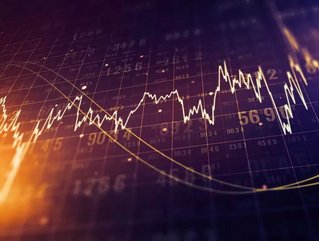Apple and Tesla split stocks to attract smaller investors

Technology giants Apple and Tesla have both split their stocks, reducing their price while increasing the number to compensate.
The company’s overall value remains the same, with the practice of stock splitting meaning that, while the price of an individual share is lowered, the additional shares issued make up for the fact. An investor holding shares already will accordingly find themselves with more shares that are worth less.
Apple split its stock on a four-for-one basis, while Tesla chose a five-for-one stock split.
Both companies expressed the rationale for the move as being to broaden their base of investors. While it is possible to buy fractional shares, the process is more complicated and not as well supported as buying a single share, hence why the split has taken place.
In Tesla’s case, it also claimed to want to “make stock ownership more accessible to employees”.
The context for the move is the seemingly never ending (for now) upwards march of the US stock market, which is widely agreed to not reflect the wider economic situation - with huge problems caused by the ongoing COVID-19 pandemic. While some fear a bubble, others have suggested the market has become crash proof.
The splits also make the stocks more accessible to small, amateur investors using fintech trading apps such as Robinhood, the downtime of which on the day of the splits making headlines.
According to Reuters, in the gap between the announcement of the split and it occurring, Tesla’s stock grew by 70%, while Apple’s was up 30%. Accounting for an increase in share price after the split, Tesla’s price went from over $2,000 per share to $500, while Apple went from over $500 to $129.
Apple recently became the first US company to achieve a $2trn valuation on the stock market, bouncing back after being initially hard hit by COVID-19.






